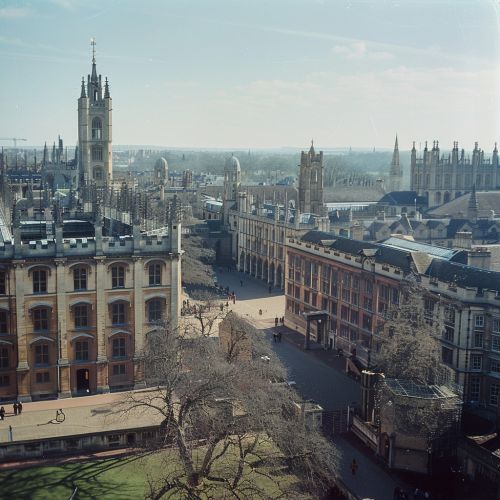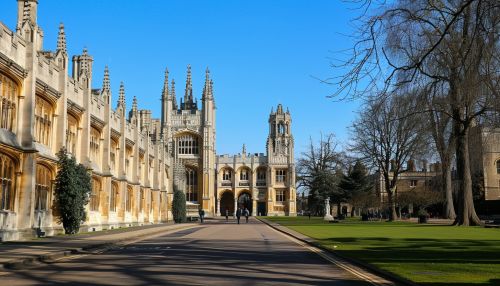David Thouless
Early Life and Education
David James Thouless was born on 21st September 1934 in Bearsden, Scotland. He was the son of Robert Thouless, a renowned psychologist and author of the book "Straight and Crooked Thinking". His mother, Priscilla Gorton Thouless, was a laboratory assistant. David was the third of four children in the family.


Thouless was educated at Winchester College, a prestigious independent school in Hampshire. He then went on to study natural sciences at Trinity Hall, University of Cambridge, where he graduated with a first-class degree in 1955. He continued his studies at Cornell University in the United States, where he received a Ph.D. in physics in 1958 under the supervision of Hans Albrecht Bethe, a Nobel laureate in Physics.
Career and Research
After completing his Ph.D., Thouless worked as a postdoctoral researcher at the University of California, Berkeley. In 1961, he returned to the University of Cambridge as a lecturer in mathematical physics. In 1965, he moved to the University of Birmingham as a professor of mathematical physics, where he remained until 1978.
During his time at Birmingham, Thouless made significant contributions to the field of condensed matter physics, particularly in the area of topological quantum states. His work in this area would later earn him the Nobel Prize in Physics.
In 1978, Thouless moved to the United States to take up a position at the University of Washington in Seattle, where he became a professor of physics. He remained at the university until his retirement in 2003.
Nobel Prize in Physics
In 2016, Thouless was awarded the Nobel Prize in Physics for his theoretical discoveries of topological phase transitions and topological phases of matter. He shared the prize with Duncan Haldane and John M. Kosterlitz, who had also made significant contributions to the field of condensed matter physics.
Thouless's work in the 1970s and 1980s had a profound impact on the field of condensed matter physics. He and his colleagues used topological concepts to explain the behavior of certain types of matter at very low temperatures. This work has had far-reaching implications, not only for our understanding of the fundamental nature of matter but also for the development of new technologies, such as quantum computers.
Personal Life and Death
Thouless was married to Margaret Scrase in 1958 and they had three children together. He was known for his quiet and reserved nature, preferring to let his work speak for itself. He was also a dedicated Quaker and was active in the Society of Friends throughout his life.
Thouless died on 6th April 2019 in Cambridge, England, at the age of 84.
Legacy
David Thouless's work has had a profound impact on the field of condensed matter physics. His use of topological concepts to explain the behavior of certain types of matter at very low temperatures has opened up new avenues of research and has potential applications in the development of quantum computers.
His work has also had a significant influence on the field of quantum information theory, and his methods and ideas continue to be used by researchers in the field today.
